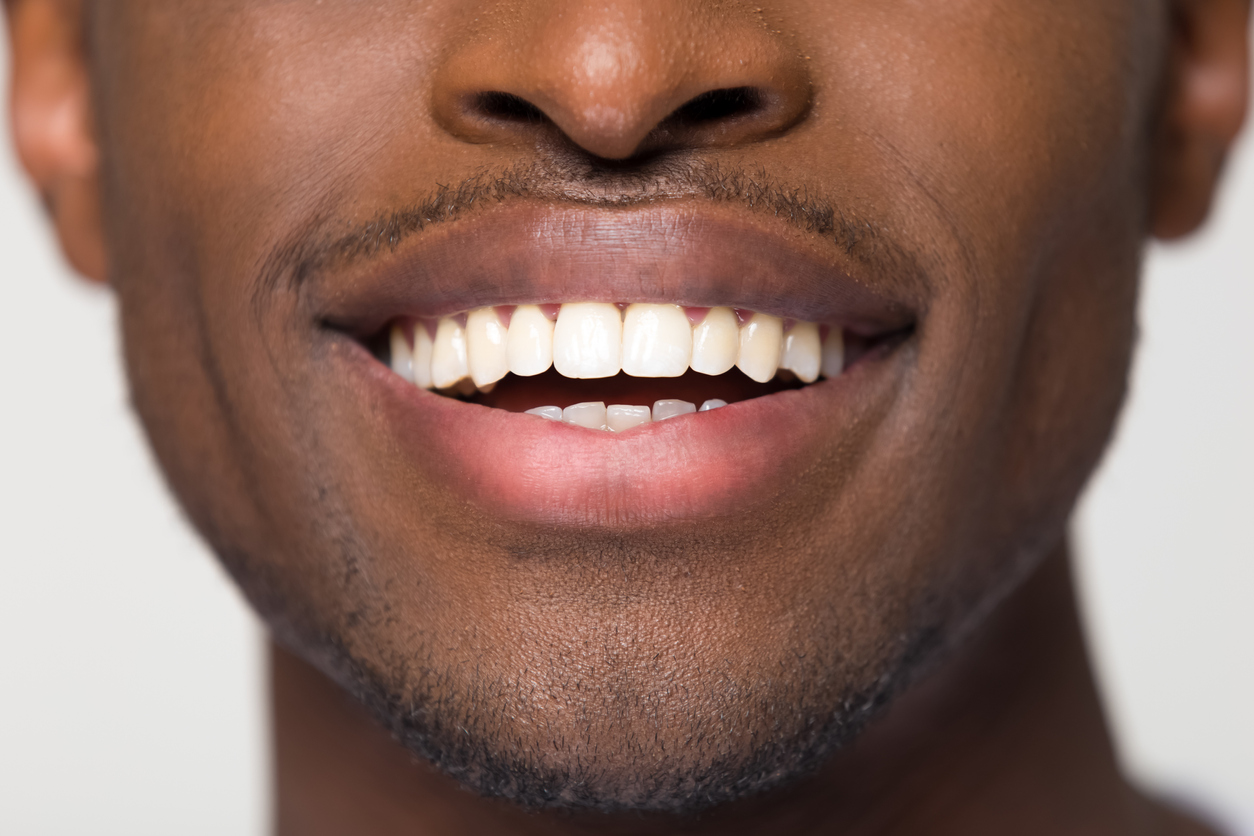Aging is a side effect of living a long, full life. Even the most unpleasant effects are resultant of a gift that generations of human beings were never given. As a result, modern medicine is still working to fully understand the processes that our body goes through during our life cycle. In the meantime, we can use the common side effects of dental aging to prevent further complications with healthy teeth.
Effects of Aging and Healthy Teeth
When it comes to your teeth, there are three primary signs of aging.
1. Receding Gums
Your gums recede naturally as you age. Harvard Health states that receding gums expose the more sensitive parts of the tooth, closer to the root. Therefore, older patients are more likely to develop cavities near the base of the tooth. The damage can sometimes go unnoticed given that we lose some sensitivity over time.
2. Dry Mouth
As the Mayo Clinic explains, our salivary glands have a tendency to produce less saliva as we age. Saliva plays a vital role in neutralizing acids your teeth may be exposed to while acting as a regular rinse cycle for your teeth. Dry mouth makes your teeth more vulnerable to the acids your mouth creates when healthy, oral bacteria consume the sugars left over from the foods you ingest on a daily basis. The result being that cavities develop more easily.
3. Worn Enamel
Healthy teeth are incredibly strong, but a lifetime of use wears them down over time. The protective layer of enamel and the biting edges of the tooth lose their integrity through a mixture of physical and chemical damage. The loss of enamel, in particular, increases the vulnerability of your teeth, as you age.
Keeping your Teeth Healthy
There’s little you can do to stop the aging process, but, by maintaining a healthy dental regimen, you can protect your teeth despite your increased vulnerability to tooth decay.
1. Brush Twice a Day
Ideally, you should brush your teeth immediately after eating, but that is not always practical. At the very least, brush twice daily. If arthritis makes brushing difficult, then you should consider using an electric toothbrush with soft bristles.
2. Floss Regularly
Daily flossing will help to protect the vulnerable spots in between teeth and near the gum line. If you’re struggling with arthritis or fine-motor skills, then a Waterpik can help you reach those spots with minimal difficulty.
3. Chew Sugar-Free Gum
To combat dry mouth, chew sugar-free gum to stimulate saliva production throughout the day. You can ask your dentist about the recommended brands and use them whenever you’re feeling the effects.
4. Rinse Regularly
Although not as effective as natural saliva, rinsing your mouth after ingesting high-sugar or high-acid foods can reduce the effects they would otherwise have. Orange juice, coffee, wine, and soda are common culprits, so a quick water rinse afterward can even the odds in your favor.
5. Appropriate Denture Care
If you have dentures, then preserving them is just as vital as preserving your remaining teeth. The American Dental Association suggests removing them for at least four hours a day. They should be cleaned daily and removed at night.
Planning for the Future
Maintaining your teeth from a young age helps to create a healthy baseline for when your teeth begin to show their age. However, you can’t plan for everything and sometimes damage can go unnoticed. In those cases, talk with a dentist specializing in Los Angeles periodontics and dental implants. Dr. Kao can assess the condition of your remaining teeth to help maintain the smile you’ve loved your whole life.



